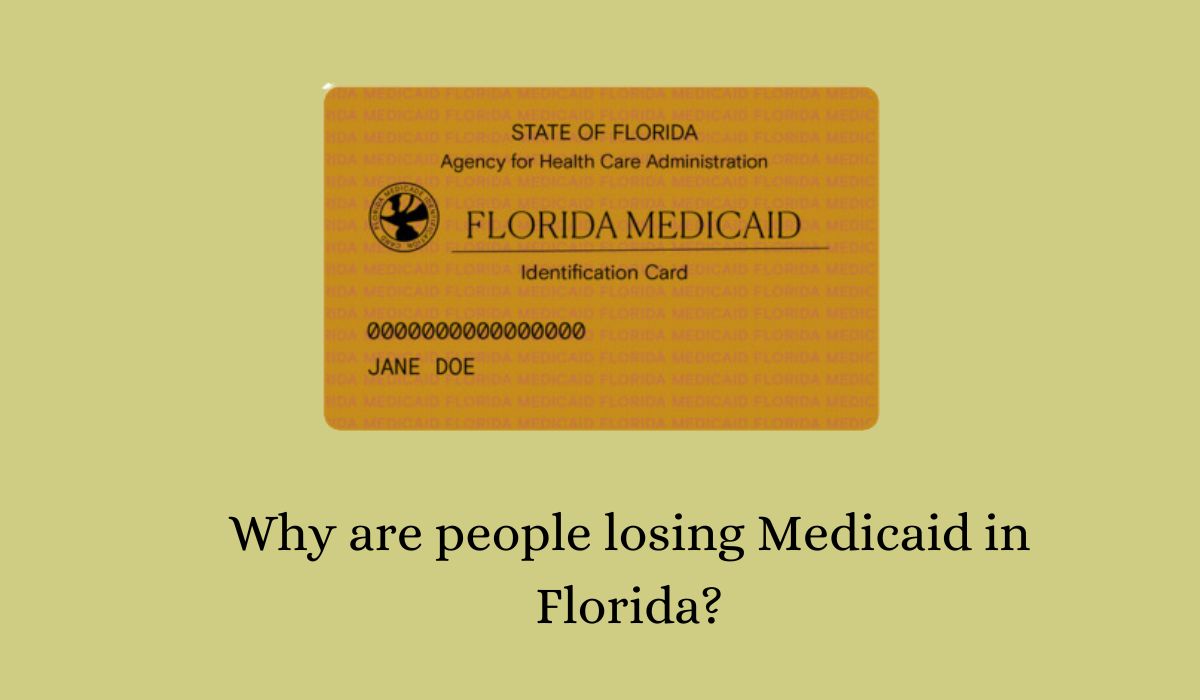In recent times, Florida has seen a notable trend of individuals losing their Medicaid coverage. This development has raised concerns among beneficiaries, healthcare advocates, and policymakers.
The loss of Medicaid coverage can have significant implications for the health and financial stability of those affected.
As a fellow Floridian, I understand that this issue may have caught your attention, and want to provide some insights into why this is happening.
In this article, I will discuss the possible reasons behind this trend, its impact on Florida residents, and the broader context of Medicaid policy in the state.
Reasons Behind the Loss of Coverage
Several factors contribute to the loss of Medicaid coverage in Florida:
- Changes in Eligibility Criteria: Periodic reviews and changes in the eligibility criteria for Medicaid can result in individuals no longer qualifying for the program. These changes could be due to alterations in income levels, family size, or other qualifying factors.
- Administrative Challenges: Issues such as bureaucratic errors, delays in processing renewals, or difficulties in navigating the system can lead to individuals inadvertently losing their coverage.
- Economic Fluctuations: Economic changes, such as an increase in household income or employment status changes, can affect eligibility. As individuals’ financial situations improve, they may surpass the income threshold for Medicaid.
- Policy Shifts: State-level policy decisions regarding Medicaid expansion, funding, and program administration can impact who is eligible and how easily they can maintain their coverage.
Impact on Florida Residents
The loss of Medicaid coverage can have profound effects on individuals and families:
- Access to Healthcare: Losing Medicaid often means losing access to affordable healthcare, which can lead to untreated medical conditions and worsened health outcomes.
- Financial Strain: Without Medicaid, many are left with the burden of high medical costs, which can lead to financial hardship or medical debt.
- Public Health Concerns: A decrease in covered individuals can have broader public health implications, such as increased emergency room visits and higher rates of communicable diseases.
Addressing the Issue
To mitigate the loss of Medicaid coverage, several steps can be taken:
- Improving Administrative Processes: Streamlining enrollment and renewal processes can reduce the loss of coverage due to administrative issues.
- Public Awareness and Education: Educating the public about eligibility criteria, renewal processes, and available assistance can help individuals maintain their coverage.
- Policy Reevaluation: Continuously assessing the impact of policy changes on Medicaid coverage and making adjustments as necessary is crucial to ensure that the program serves those in need effectively.
The Bottom Line
The loss of Medicaid coverage in Florida is a complex issue with multiple contributing factors. It highlights the need for careful policy consideration, efficient administration, and public education to ensure that Medicaid fulfills its role in providing essential healthcare to the state’s most vulnerable populations.
As Florida continues to navigate these challenges, the focus must remain on safeguarding public health and ensuring equitable access to healthcare for all residents.
